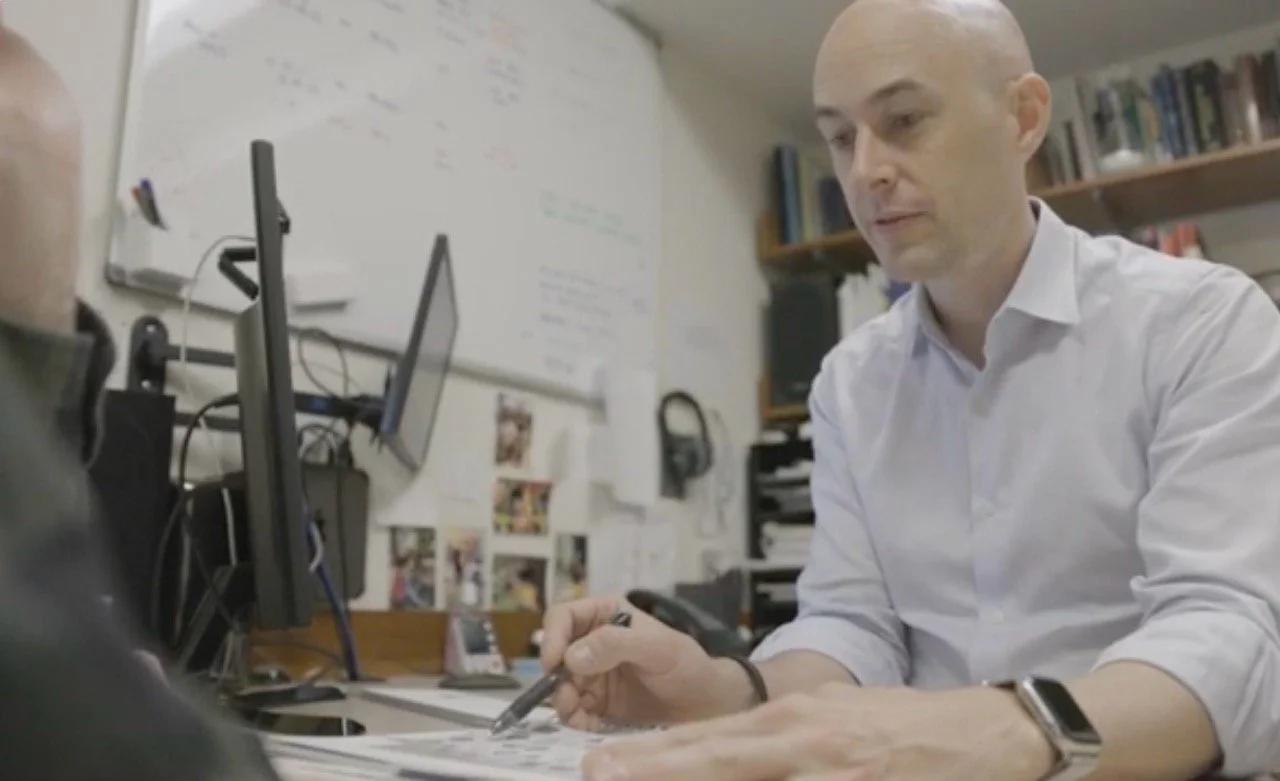What is a Neuropsychological Assessment?
A neuropsychological assessment is a way to better understand how your brain is functioning.
These assessments are usually requested by your doctor or neurologist to explore changes in your thinking, memory, or other cognitive abilities. This might be because of changes you or others have noticed, or due to a condition or injury that could be affecting your brain.
In this short video, you’ll learn more about the purpose of a neuropsychological assessment and how it fits alongside other neurological tests like MRI and EEG.
Why might I be referred?
People are often referred for a neuropsychological assessment when there are concerns about memory, attention, or other thinking skills. Sometimes, it’s because of a known or suspected change in the brain. Here are some common reasons for referral:
Head injury – Has there been a change in thinking or memory after hitting my head?
Aging – Are memory changes part of normal aging, or something more, like dementia?
Multiple sclerosis (MS) – Is MS affecting how I concentrate, remember, or think?
Stroke – Have my thinking or processing skills changed after a stroke?
Brain tumors – Could a tumor be affecting my memory or thinking?
If you (or someone close to you) has a condition that might be affecting the brain, this kind of assessment can help understand what’s going on — and what can help.
What happens in an assessment?
A typical assessment involves one to three appointments. You’ll meet with a clinician for an interview and to complete some thinking tasks, then return for a feedback session to talk through the results.
Record Review
Before and after meeting you, the clinician carefully reviews your medical history — especially any reports from neurologists and results from tests like MRIs or EEGs.
Interview (about 1 hour)
The clinician meets with you to learn more about your concerns, your background, and how things have changed. This helps them understand your “baseline” and any factors that might be affecting your thinking. Sometimes, with your permission, they may also speak to a close family member or friend for another perspective.
Testing (about 4 hours)
You’ll work through a series of tasks that look at things like memory, attention, problem-solving, language, and speed of thinking. Most people find the process interesting, and there are plenty of breaks as needed.
Report & Review
The clinician brings together your test results, your history, and any input from the interview(s). They compare your performance to others with a similar background to understand whether there have been any changes in thinking, what might be causing them, and how best to support you.
Feedback (30–60 minutes)
In your final session — often over Zoom — your clinician will walk you through the results, explain their findings, and answer any questions you may have.
A copy of the report is also sent to your referring doctor.
Preparing for your assessment
To prepare for your assessment, please complete the consent form forwarded to you, and request any relevant medical records to bring to your assessment.
Requesting your medical records
It’s helpful to bring your records to your assessment as it allows a more accurate assessment.
You can ask for a copy of your medical records from any hospital or clinic where you have received care. In most cases, the law gives you the right to see your records.
To get your records, contact the hospital or clinic directly. You can either:
1. Speak with the doctor who saw you, or
2. Contact the medical records department.
They will usually ask you to fill out and sign a form. This is to keep your information safe and to follow legal rules. Useful records may include:
• Results from tests like MRIs, CT scans, or EEGs
• Reports from neurologists or other specialists
• Results from neuropsychological or psychological testing (ask for the test scores and the full report)
• Hospital discharge summaries
• Any genetic or other test results related to any relevant conditions you have.
Below, you’ll find contact information for many hospitals in BC. If you saw a doctor in private practice, you can usually contact them directly.
You can ask them to forward the records directly to you, or directly via fax or (secure) email to:
Christopher Benjamin PhD
Sparrow Neuropsychology
Telephone: (236) 501 5099
Fax: (236) 259 5318
Email: clinic@sparrow.clinic
| Hospital | Phone | Health Authority | Request Records |
|---|---|---|---|
| BC Children’s | 604‑875‑2345 ext 2916 | PHSA | Details |
| BC Women’s | 604‑875‑2424 ext 6075 | PHSA | Details |
| Burnaby | 604‑434‑4211 | Fraser Health | Details |
| Delta | 604‑946‑1121 | Fraser Health | Details |
| Lady Minto / Gulf Islands | 250‑538‑4800 | Island Health | Details |
| Lions Gate | 604‑988‑3131 | Vancouver Coastal | Details |
| Mount Saint Joseph | 604‑874‑1141 | Providence | Details |
| Nanaimo Regional | 250‑755‑7691 | Island Health | Details |
| North Island – Comox | 250‑331‑5900 | Island Health | Details |
| Peace Arch | 604‑531‑5512 | Fraser Health | Details |
| Port Hardy | 250‑949‑6161 | Island Health | Details |
| Port McNeill | 250‑956‑4461 | Island Health | Details |
| Powell River (qathet) | 604‑485‑3211 ext 4312 | Vancouver Coastal | Details |
| Richmond | 604‑244‑5108 | Vancouver Coastal | Details |
| Ridge Meadows | 604‑466‑7902 | Fraser Health | Details |
| Royal Columbian | 604‑520‑4431 | Fraser Health | Details |
| Sechelt | 604‑885‑2224 ext 4211 | Vancouver Coastal | Details |
| Surrey Memorial | 604‑585‑5666 ext 772426 | Fraser Health | Details |
| UBC Hospital | 604‑822‑7121 | Vancouver Coastal | Details |
| VGH | 604‑875‑4111 ext 62048 | Vancouver Coastal | Details |
| West Coast General | 250‑731‑1370 | Island Health | Details |



